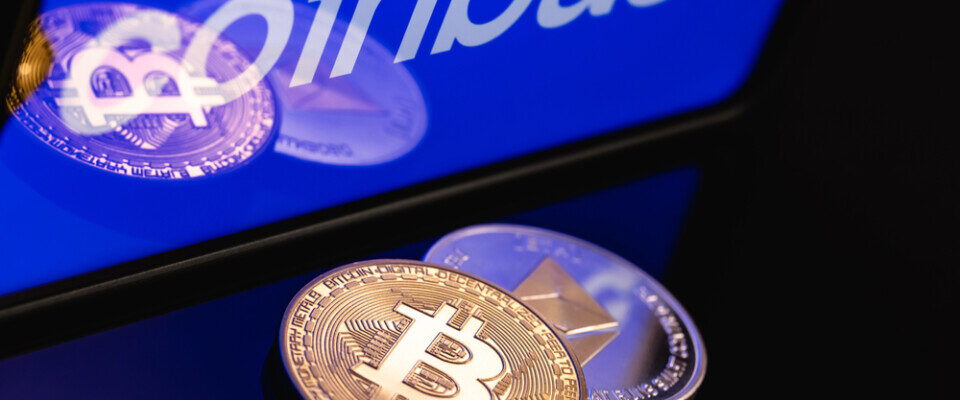After a partial victory for Ripple in the previous week, Coinbase had gotten some breathing room in its legal tussle with the US Securities and Exchange Commission (SEC).
But, analysts have warned that this does not mean that the crypto exchange is completely out of the woods in terms of its own battle.
Regulatory pressure
Berenberg Capital Markets recently issued a report in which the broker-dealer’s analysts cautioned that regulatory pressure on Coinbase was still significant and its stock rally could come crashing down.
One day after the XRP ruling was announced, Coinbase announced that its staking services would be suspended in four states, which are Wisconsin, New Jersey, California, and South Carolina.
This was amidst the SEC allegations that staking services are essentially similar to securities offerings.
While Coinbase claimed that it does not agree with this decision, it opted to freeze them while the legal proceedings happen.
The process of staking involves validating crypto transactions via pledging tokens and those who do so receive financial returns according to the number of tokens they pledge.
Berenberg analysts said that Coinbase’s decision was a reminder that the crypto exchange was not in the clear, regardless of the ruling in the Ripple case.
Ripple ruling
Analisa Torres, the federal judge overseeing the Ripple lawsuit, ruled last Thursday that the sale of the XRP token was not a securities offering unless it was sold to other institutions.
The news saw the overall crypto industry enjoy a massive rally and many immediately believed that it would also benefit Coinbase.
This was evident from the 25% rise in the share price of Coinbase, which was primarily over sentiment that the Ripple ruling could help the company in its own legal battle with the SEC that started on June 6th.
The SEC lawsuit
In the lawsuit that the SEC filed against Coinbase, the agency has accused the company of running an unregistered securities exchange.
It has also alleged that the Coinbase Earn program, the staking service that the exchange offers, is aimed at selling unregistered securities.
While Coinbase has repeatedly said that offering staking services is not the equivalent of offering securities, Berenberg warned that there was a possibility it could actually be categorized as such.
The analysts of the broker-dealer stated that they themselves consider it a securitized product, based on outside legal assessments.
Moreover, last week in a pre-trial hearing, a lawyer for Coinbase had admitted that those who were involved in the staking process had not incurred any losses.
This statement was made to counter the allegations of the SEC that Coinbase was putting investors at a risk of losses through its staking service.
But, the analysts noted that despite this statement, Coinbase has acknowledged repeatedly that there were risks involved in staking and they can also lead to losses.
Some market participants were also unconvinced that Coinbase would benefit from the XRP ruling because it had not been clarified if the token was an equity or debt.
Therefore, it was unlikely for the SEC to back down in the other lawsuits it has filed against crypto exchanges.

